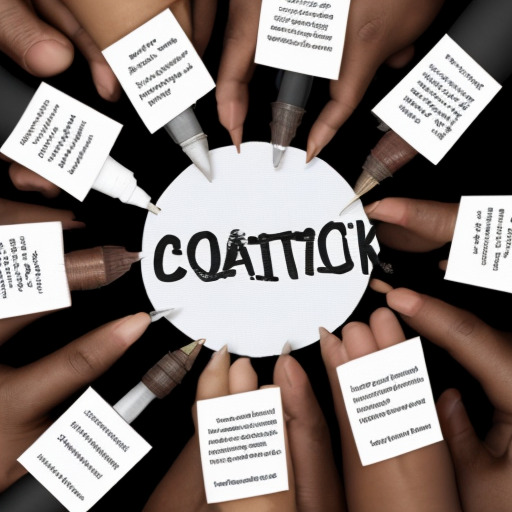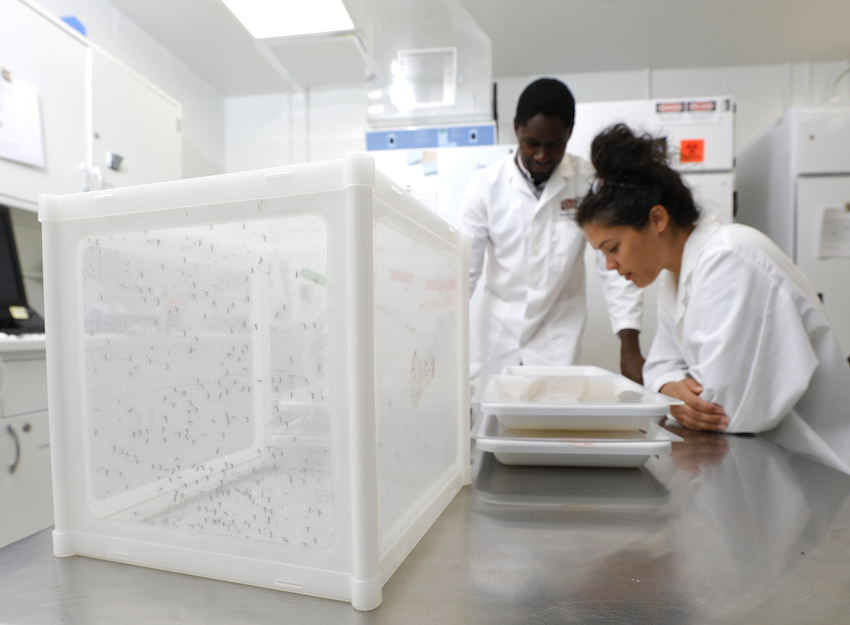
Pro
New Cornell University research finds while journalists and professional fact-checkers struggle to keep up with the deluge of misinformation online, sites that rely on loosely coordinated contributions from volunteers, such as Wikipedia, can help fill the gaps.
In the study, researchers compared professional fact-checking articles to posts on Cofacts, a community-sourced fact-checking platform in Taiwan. They found the crowdsourced site often responded to queries more rapidly than professionals and handled a different range of issues across platforms.
“Fact-checking is a core component of being able to use our information ecosystem in a way that supports trustworthy information,” said senior author Mor Naaman, professor of information science. “Places of knowledge production, like Wikipedia and Cofacts, have proved so far to be the most robust to misinformation campaigns.”
Andy Zhao, a doctoral candidate in information science, used natural language processing to match up responses posted on Cofacts with articles addressing the same questions on two professional fact-checking sites. He looked at how quickly the sites posted responses to queries, the accuracy and persuasiveness of the responses and the range of topics covered.
He found the Cofacts users often responded faster than journalists, but mostly because they could “stand on the shoulders of giants” and repurpose existing articles from professionals. In this way, Cofacts acts as a distributor for information.
Importantly, Zhao found that the Cofacts posts were just as accurate as the professional sources. And according to seven native Taiwanese graduate students who acted as raters, articles by journalists were more persuasive, but Cofacts posts often were clearer.
Further analysis showed the crowdsourced site covered a slightly different range of topics compared with those addressed by professionals. Posts on Cofacts were more likely to address recent and local issues – such as regional politics and small-time scams – while journalists were more likely to write about topics requiring expertise, including health claims and international affairs.
“We can leverage the power of the crowds to counter misinformation,” Zhao concluded. “Misinformation comes from everywhere, and we need this battle to happen in all corners.”
Despite the success of Cofacts in Taiwan, Zhao and Naaman caution that the same approach may not transfer to other countries. “Cofacts has built on the user habits, the cultures, the background, and political and social structures of Taiwan, which is how they succeed,” Zhao said.
But understanding Cofacts’ success may assist in the design of other fact-checking systems, especially in regions that don’t speak English, which have access to few, if any fact-checking resources.
Original Article: Crowdsourced fact-checking fights misinformation in Taiwan
More from: Cornell University
The Latest Updates from Bing News
Go deeper with Bing News on:
Crowdsourced fact-checking
- Community Notes effectively targets medical misinformation on X
A UCSD study found that Community Notes, a tool created by X to flag medical misinformation, is effective for providing accurate fact-checking. This could be a key tool for public health leaders.
- JAMA study praises X for crowdsourcing COVID ‘misinformation’
X’s crowdsourced approach to correcting what it calls fake news about COVID-19 vaccines offers an “effective misinformation countermeasure,” according to a study in the Journal of the American Medical ...
- Spot the deepfake: The AI tools undermining our own eyes and ears
Affordable and accessible generative AI tools have led to a rise in false video, images and audio on social media. Can you spot the difference?
- Elon Musk admits to running burner account where he pretended to be his 3-year-old child
Musk tagged @CommunityNotes in the post—X’s crowdsourced fact-checking system—something he pointed to as exculpatory under questioning in the deposition. “I think I really did this in good ...
- Poll-time fact-check tool 'Community Notes': Crowdsourced X feature makes India debut
X, the platform formerly known as Twitter, is rolling out its crowdsourced fact-checking tool Community Notes in India, weeks before the Lok Sabha elections. Elon Musk, who owns X, has on several ...
Go deeper with Bing News on:
Fact-checking
- New evidence that criminal conviction won’t tank Trump’s candidacy
Nevertheless, The “something” that has been powering the dreams of Trump opponents for the past year or two is that Trump’s indictment on criminal charges would spark, if not an exodus, at least some apathy among his supporters.
- What's the Future of Fact-Checking in Journalism and Media?
The future of fact-checking in digital journalism remains as it always has been: get it right. What's to evolve? Print or digital, readers expect news organizations to provide them with the truth. An organization's reputation absolutely depends on it. It's a life-or-death proposition for a news company, and it can't be outsourced to AI.










